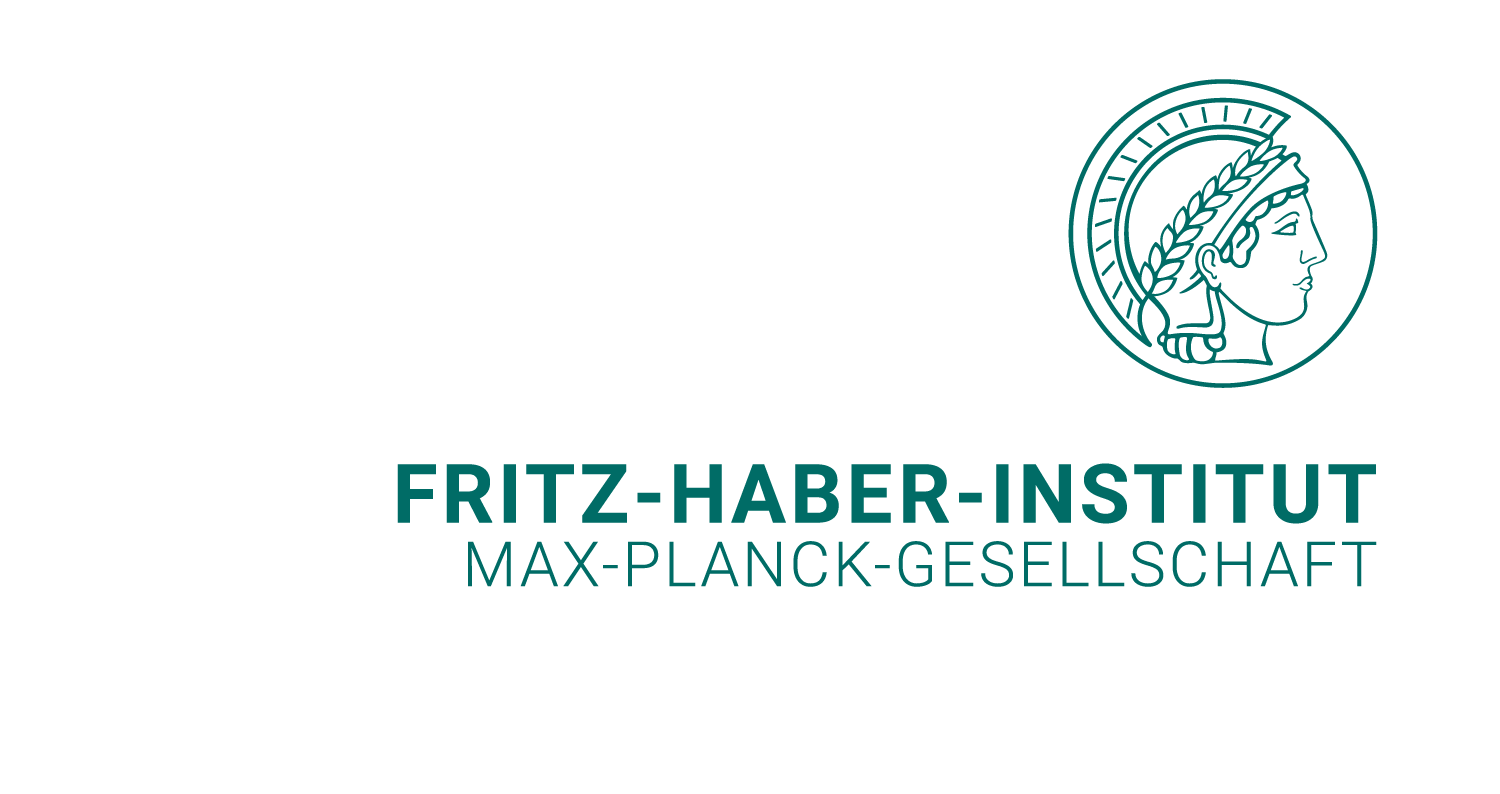Exploring defects and meta-stabilities combining ab initio approaches and artificial intelligence
Wahib Aggoune
Mission
Mission and Research Topics
Our group started in January 2023 in the Novel Materials Discovery (NOMAD) laboratory at the Fritz Haber Institute (FHI) of the Max Planck Society.
Our goal is to study the structure-property relationship in complex materials towards improving their effectiveness for desired applications (e.g. Memristors, Ferroelectric Field Effect Transistors). We focus on the emerging physical phenomena observed in complex perovskites, such as resistive switching, ferroelectric switching, flexo-electricity and anharmonicity, and explore how defects and their meta-stabilities may govern such phenomena.
Using artificial-intelligence (AI) methods, we aim to perform a fully data-driven modeling of these properties to cover a wide material space. This can be achieved by exploiting the data obtained from the ab initio studies which will allow to identify the key, basic materials’ parameters (also called ”materials’ genes”) for predicting the property figures of merit. The resulting AI-driven workflow will provide an efficient route toward the identification of the most promising materials.
Software
For ab initio calculations (density functional theory and molecular dynamics), we mainly use the all-electron, full-potential electronic-structure code FHI-aims. SISSO++ is the method we use for the AI part. Both methods and codes were developed at the FHI.

